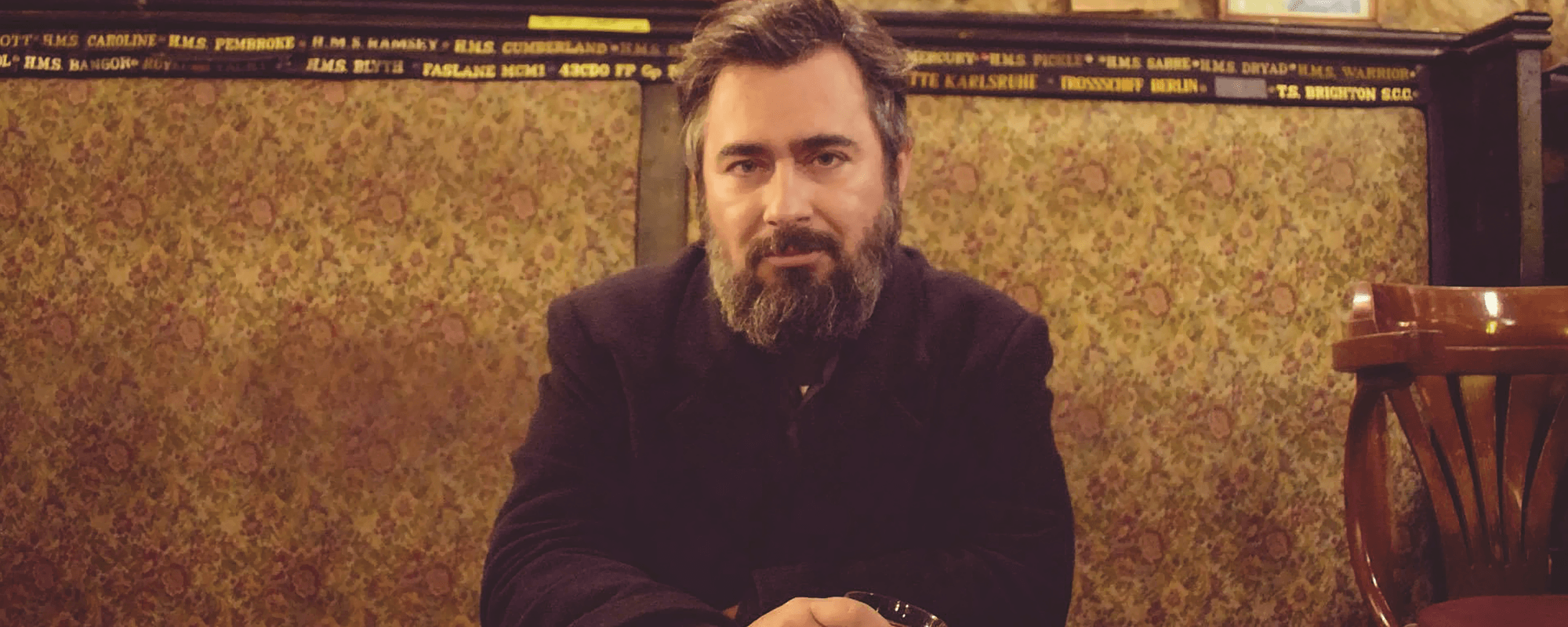Music has been used as a vehicle for political commentary since time immemorial. Cassi Camilleri, Dr Mario Thomas Vassallo, and Brikkuni’s Mario Vella reflect upon the Maltese scene and its contribution to the discussion.
Music triggers all sorts of reactions and emotions in people. Hollywood’s multi-million dollar soundtracks are an eye-watering testament. Throughout history, music has also been used to transmit messages to the masses. Music can simultaneously act as a call to arms and a form of rebellion, depending on your perspective.

As part of his research into the relationship between music and politics, Dr Mario Thomas Vassallo points to the distinctly Maltese practice of adopting international hits to accompany political campaigns. Such adoptions have included We Take the Chance by Modern Talking, the anthem used by the Nationalist Party in 1998 after the collapse of Alfred Sant’s Labour Government, and, of course, New Tomorrow, Labour Party’s rallying call for change in 2013.
In another interview by Teodor Reljić, former radio presenter and music journalist Dr Toni Sant described the tendency of Malta’s political parties to rely on foreign songs as an unfortunate example of ‘cultural colonialism’. ‘It relates to the general Maltese idea that whatever comes from Britain, the US, Europe (take your pick) is better than what can be produced in Malta. It shows a lack of national cultural identity, unless the Maltese cultural identity is actually entrenched in its colonial past, rather than its more recent political history. And on it goes…’ Sant told Reljić.
Vassallo agrees with Sant’s reasoning, but adds that this ‘colonialism’ is not the only reason for the phenomenon.
‘In a globalised world, culture is being hybridised,’ Vassallo states. ‘You cannot tell what is local and what is foreign. Rihanna does not belong to Barbados, where she was born and raised as a kid, but to the world (and to Malta as well).’
Beyond this, Vassallo points to the commissioned music that political parties have funded over the years. These songs’ lyrics are usually interpretations of manifestos, used to get the electoral slogan to voters. ‘One of the most popular songs in this genre is Ngħidu Iva with lyrics by Joe Chircop and music by Philip Vella. This composition was the official song of the Nationalist Party during the 2003 referendum campaign for Malta to join the European Union,’ he writes in his paper.

But what of those operating outside the parties’ influences? Those who want to criticise and shed light on bad behaviour and problematic choices made by the powers that be? Among those most vociferous on the island are Brikkuni. Frontman Mario Vella explains his motivations saying, ‘As a songwriter, I feel inclined to delve into matters that affect me both on a personal level and in a wider context. Little matters whether one is apolitical or dismissive of this age-old phenomenon. Politics will, one way or another, force its way into our everyday lives. Addressing it is but a natural and obvious consequence.’
There are critics, of course. ‘I receive endearments of the ‘I hate you and your music’ variety,’ Vella notes; however, the results of this work have seen the band and its music embraced by many who see truth in the lyrics. L-Eletti’s message of contempt towards the ridiculousness embodied by those ‘elected’ (the English translation of eletti) is poignant especially when paired with the music’s fairground flavour. But loud voices often pay a price, and Vella is no different.
‘I have faced considerable censorship, but I hardly look at it as a repercussion. I tend to view it as an inevitable reaction to choices consciously made. There’s always some other way out of the hole. Even ones you dug for yourself. Unless you have a couple of kids to provide for. Then you’re screwed.’ Vella has none.
Vella and Vassallo both believe that there are limits to artistic expression. Vassallo puts an emphasis on ‘respect and autodiscipline’. In an interview with Vassallo, singer-songwriter Vince Fabri explained that, ‘if I want to criticise someone, I’d rather not offend him. I can definitely be satirical, cynical, or mocking, but I will never resort to vilification and absurdity.’ Vella, too, doesn’t see artistic limitation as a hindrance ‘as long as you’re the one setting it.’
 There is an element of responsibility that comes with the ability to speak to people on a visceral level. Artists can use their skills for positive effect. In 2007, at the height of the immigration crisis in Malta, singer-songwriter Claudio Baglioni pointed to the fear artists’ influence can instil in politicians. This is why, he said, ‘we have to be close to politics, but not immersed in it. We can be like sentinels.’
There is an element of responsibility that comes with the ability to speak to people on a visceral level. Artists can use their skills for positive effect. In 2007, at the height of the immigration crisis in Malta, singer-songwriter Claudio Baglioni pointed to the fear artists’ influence can instil in politicians. This is why, he said, ‘we have to be close to politics, but not immersed in it. We can be like sentinels.’
At a time when the line between truth and lies gets increasingly blurred, perspective makes all the difference. If our sentinels can provide us with that, we’ll be all the better for it.





Comments are closed for this article!